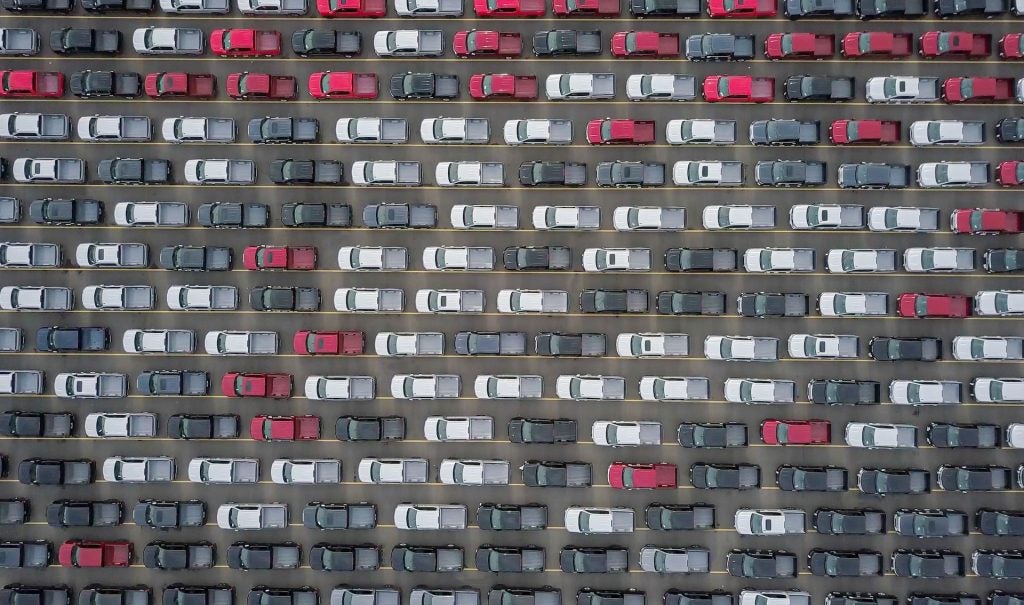VED change will have little fleet impact
HM Treasury’s new “banding” system for vehicle excise duty (VED)
is not expected to raise significantly the operating costs for
existing company fleets.
Under the 2009/10 VED schedule, owners of cars emitting CO2
levels of 226g and above registered as far back as March 2001 are
liable to pay up to £415 in VED, when it was at first believed that
such cars registered between March 2001 and March 2006 were exempt
from the higher charges.
With the higher VED rate, owners of such cars registered during
that period will see their VED payments almost double from the
current £210 (currently categorised as class F).
Mark Norman, operational development manager of CAP, said the
risk of fleet operators incurring higher operating costs was
“minimal” because the proportion of fleets with cars emitting over
225g/km was relatively small.
“If you look at a standard fleet car which is something
like a Mondeo or BMW diesel, they all tend to be under 150g
CO2/km,” he said. “It’s at 186g that you start to suffer.”
How well do you really know your competitors?
Access the most comprehensive Company Profiles on the market, powered by GlobalData. Save hours of research. Gain competitive edge.

Thank you!
Your download email will arrive shortly
Not ready to buy yet? Download a free sample
We are confident about the unique quality of our Company Profiles. However, we want you to make the most beneficial decision for your business, so we offer a free sample that you can download by submitting the below form
By GlobalDataCompanies do however operate higher CO2-emitting vehicles for
executive staff. Data company EurotaxGlass’s has warned fleet
managers to be ready for these changes. “Fleet managers should
expect to achieve lower values at the point of disposal than they
may have originally anticipated for vehicles falling into the
highest VED bands, though the drop will not be too dramatic,” said
Adrian Rushmore, managing editor of EurotaxGlass’s.
Contract hire companies such as Lex are taking the anticipated
changes in stride. Andrew Cronin of Lex Momentum said that only 2.5
per cent of the cars Lex supplies will be affected by the removal
of the VED exemption.
“It should be noted, however, that vehicles provided through
employee car ownership (ECO) schemes and drivers who opt for the
cash alternative are more likely to incur the increase in VED,” he
added, with about 10 per cent of the c. 9,000 cars which Lex
provides via ECO schemes emitting more than the 225g/km
threshold.
Chris Tubbs, head of asset risk, technical and UVM at LeasePlan
said: “The vehicles we’re looking at are typically on three-year,
60,000 mile contracts, so will still be relatively new when we look
to sell them on. Vehicles that emit over 225g/km are generally high
value models anyway, so the impact of the higher VED bands will
likely be less of an issue when put in the context of the actual
value of the car.
“Given that fleet cars tend to be more efficient, lower
polluting models, it means there may well be more demand in the
second hand market for them. That could have a positive impact on
RVs.”
Maryann Tan
Motor Finance Issue: 43 – May 08
Published for the web: May 27 08 10:34
Last Updated: May 27 08 10:36







